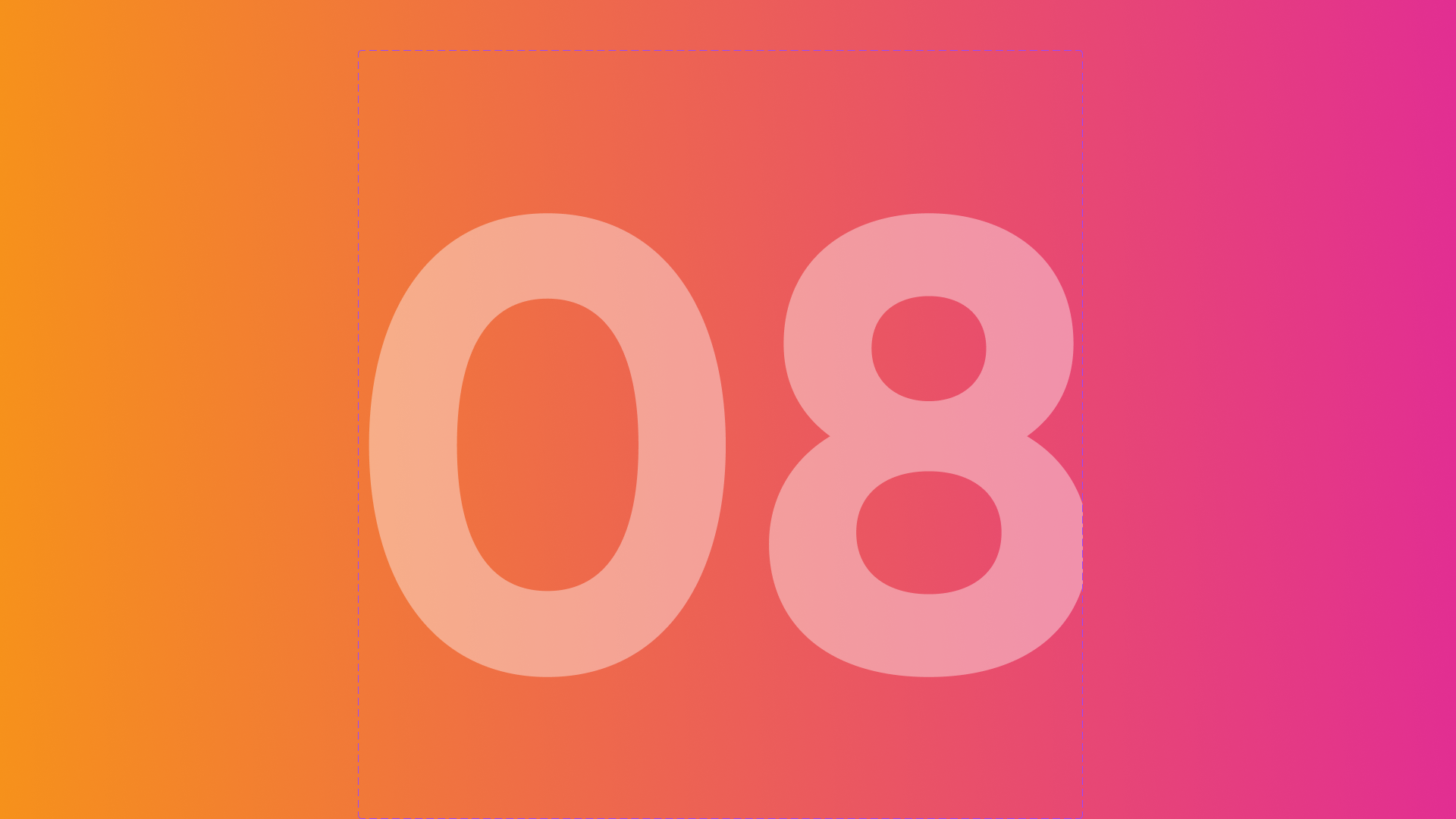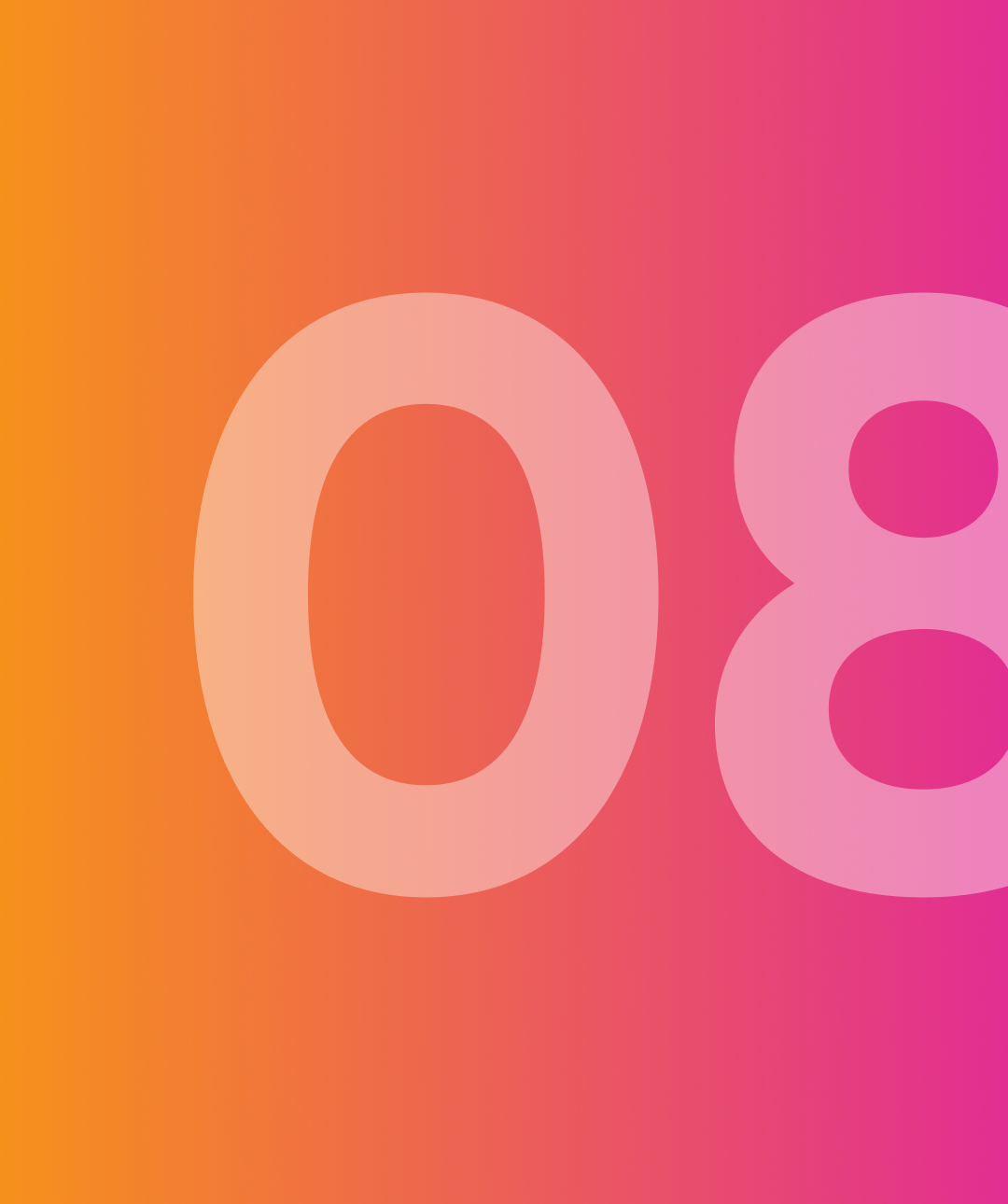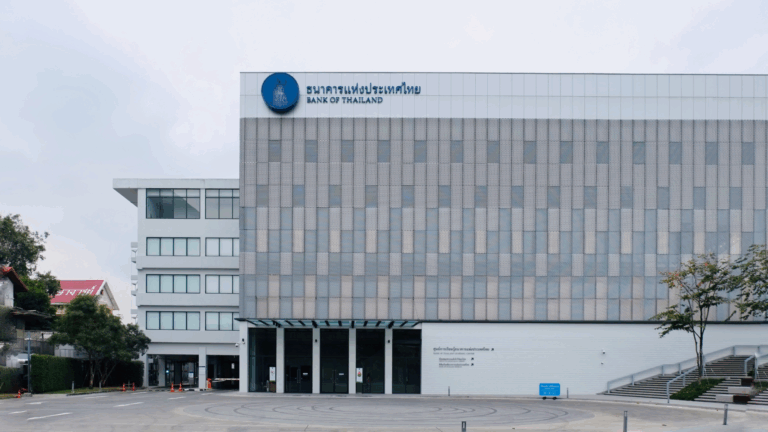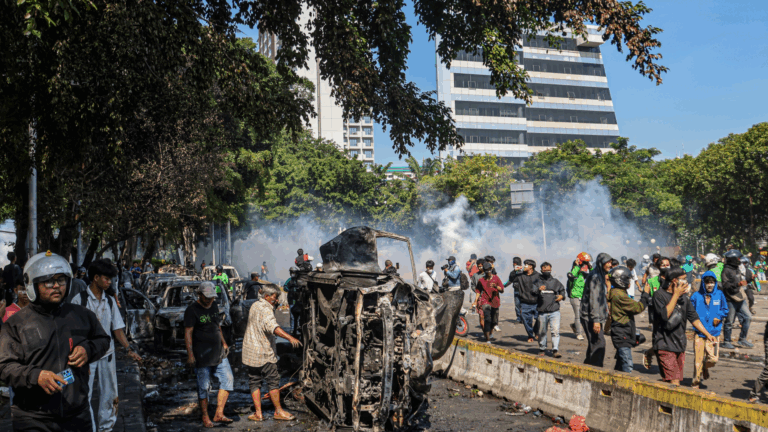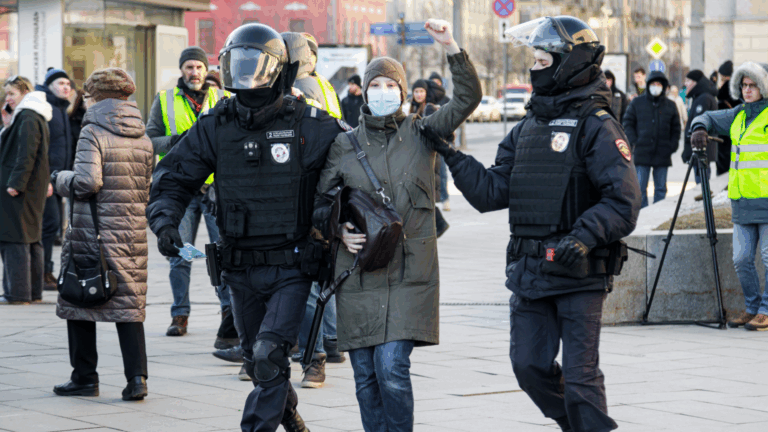Russia | Blocking VPNs and Confiscating Funds
Russia has begun blocking OpenVPN and Wireguard connections, denying citizens access to crucial VPN services and protocols. Virtual Private Networks encrypt data, hide IP addresses, and make user browsing history and location harder to trace. Demand for VPN services spiked significantly following Vladimir Putin’s invasion of Ukraine, as Russians under a propaganda blackout sought external news. Russian state tactics to deny Internet freedom and open access to knowledge come at the same time as new laws are being drafted to target and confiscate funds from opposition groups, highlighting the ongoing need to get better open-source privacy and payment technology into the hands of activists under authoritarian regimes.
China | Bitcoin and Cryptocurrency use in Mainland China
Citizens are saving, transacting, and trading bitcoin and other cryptocurrencies inside China, despite the Chinese Communist Party (CCP) banning these activities three years ago. Chinese traders continue to meet at cafes, kiosks, and even laundromats to share wallet addresses, conduct cash trades, and arrange bank transfers. They also use popular social media apps like WeChat and Telegram to make direct peer-to-peer crypto trades. Though the CCP has tried numerous times to restrict bitcoin mining and the use of bitcoin as a currency, it has failed, spotlighting bitcoin’s critical importance for people living under tyranny.
Iraq | Prohibition of USD Cash Withdrawals
Earlier this month, the government of Iraq prohibited cash withdrawals and transactions in US dollars, allegedly to combat the “misuse of its hard currency reserves in financial crimes.” According to the Iraqi Central Bank (CBI), around 50% of the $10 billion that is imported in cash annually from the New York Federal Reserve is used illegally. Though this latest prohibition is framed as an attempt to reduce illicit activities, the move is also being used as a means to de-dollarize the economy, reduce the reliance on the US dollar, force Iraqis to use the depreciating dinar, and move to an electronic payments system where the regime can have more visibility and control over the public’s financial activity.
Venezuela | Legislation Obstructing Civil Society Work
The Venezuelan government is pushing a bill requiring civil society organizations to seek government authorization for their operations and to disclose foreign funding. Titled the “Law of Supervision, Regularization, Performance, and Financing of Non-Governmental and Related Organizations,” the proposed legislation would threaten civil society groups with penalties, confiscation, and criminal charges. Attempts to approve this bill coincide with the 2024 presidential elections, suggesting its intended use is to suppress debate and dissent. In the meantime, alternative financial solutions like bitcoin can help dissidents and civil society organizations to continue operating while avoiding the government-controlled financial system.
Libya | Billions Lost to Smuggled Petrol Subsidies
Libyan interim Prime Minister Abdul Hamid Dbeibah’s proposal to eliminate petrol subsidies, currently at 50%, has sparked public backlash. Dbeibah claims the subsidies, which exceeded $12 billion in 2022 (a considerable jump from $7 billion in 2021), are straining the government’s finances. Despite low fuel costs (a liter of crude oil and diesel costs $0.03), an average salary of $240 per month means the removal of petrol subsidies will hurt people’s savings, employment opportunities, and the economy, amplifying the risk of unrest in a divided country beset by authoritarian rule. As one Libyan put it, “This [lifting petrol subsidies] would make people’s struggles worse, especially with irregular salary payments, high cost of living, and the inability of people to buy even daily necessities.”
Thailand | Central Bank Conflict and CBDCs
The Bank of Thailand refused to hold a special meeting to lower the policy interest rate, despite pressures from Prime Minister Srettha Thavisin and the business sector. Central bank independence from the government is generally considered a positive outcome, helping avoid political interference in monetary policy. It’s not clear, however, how long the central bank can resist pressure from the dictatorship. The regime recently launched a retail CBDC (Project Bank Khun Phrom) and wholesale CBDC pilot (Project mBridge), raising questions about financial surveillance for Thailand’s 71 million people living under autocracy.


